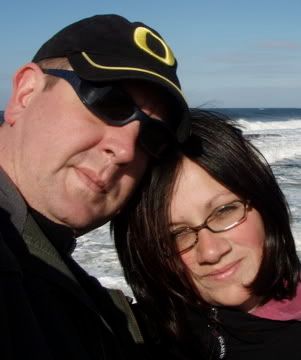And, two months later, while I was recording my first faintest Christmas memories, they were embracing their families and friends--who had long considered them dead--after 72 days of suffering, surviving and sharing an ordeal that tested the human limits of life...
It was 1993 when Leandra and I first heard the story. The Hollywood version was in the movie theaters, played by famous actors, but we never knew that one day we'd meet the real men. Now, in a surprise twist of fate, our paths would cross with three survivors of this catastrophe. We would hear them speak, and we would see their eyes--still panged with those difficult memories as they retold the details. But, despite the pain, their wrenched souls, the burden of knowing what they saw, what they did, what they had to do--and what others might think--there is also a beautiful sense of pride hiding behind their glossy eyes. And, an exuberant child like joy glimmers when they recall one of the small victories, or the silent meditating moments alone in the sunny mountains, or hearing and then seeing the rescue helicopters. They lived, they survived, they continue to survive, and continue to bring that appreciation for life to others...
 In the auditorium of the Uruguay American School, Eduardo and Adolfo Strauch, brothers on the left, and Daniel Fernandez shared the story with an audience that included an international collections of parents, students and guests, including the US Ambassador, Leandra and our good friend, Javier. Here are their pictures from 1972...
In the auditorium of the Uruguay American School, Eduardo and Adolfo Strauch, brothers on the left, and Daniel Fernandez shared the story with an audience that included an international collections of parents, students and guests, including the US Ambassador, Leandra and our good friend, Javier. Here are their pictures from 1972...
In short, their charted Uruguay Air Force plane was off course over the Andes when it clipped a peak at 4200 meters on October 13th. The wings were torn off, the tail section was lost along with some people, and the fuselage sailed like a rocket, skidding to a snowy stop on a mountain top. Of forty-five people aboard, seventeen were dead within a day, dying from the crash or mortal wounds. While they awaited rescue, the pitiful food supply of airplane snacks was rationed, but quickly depleted. Days passed. Water was collected. A transistor radio was found, and after the eighth day, they heard the search was over--they were presumed dead. On October 22nd, the grave realization was made that their was only one way to live. Eventually, after pacts and promises and prayers, everyone reluctantly took part. Then, on October 29th, an avalanche in the night buried the fuselage, killing eight of the twenty-seven, burying the dead and alive together inside the plane for three days. Throughout November, minor "expeditions" lead to discoveries of the tail section, suitcases, small amounts of food, cigarettes and some batteries, but attempts to repair and power the two-way radio failed. On December 12th, two survivors began a what would be a ten day walk west before being found by a Chilean farmer. By December 23rd, all sixteen survivors had been helicoptered from the crash site...
Here's our video tribute to their story...
During their presentation, it occurred to us that this miraculous story may not have come true, if the people involved were not from Uruguay. Javier concurred and said many people have made the same comment. Having lived here, learning about Uruguayans, it seems that certain cultural characteristics may have helped them survive. First, Uruguayans are strong, being hardy in spirit and body--they know adversity but also have remarkable optimism, which they call "garra Charrua", the "win or die fighting" attitude. Second, they are familial, united, with a deeply rooted brotherhood that makes them such a wonderfully friendly and unified culture. Third, Uruguayans are incredibly resourceful, often making or repairing things without having the proper parts or tools--in this ordeal alone, they created water melting mechanisms, hammocks and clothes, radios and sleeping bags, shoes and signals, and of course, finding food when there was none. On the other hand, many of them had never known snow or its hidden dangers, had never experienced extended sleep deprivation, altitude sickness or sub-zero temperatures--but instead, came from a life of warm beaches, palm trees, and the "tranquilo" streets of Montevideo...
I recommend you visit the official website, read the detailed story yourself, watch one of several films,or purchase one of the many books that retells the triumphs and tragedies...
At the end of the presentation, they took questions from the audience. With a nervous pulse, I raised my hand, and asked about the moment the men who walked out first encountered another person. But, before I did, I said, "Thank you for living, and thank you for sharing." While the others waited for the translator to rephrase my question in Spanish, Adolfo, apparently being bilingual, looked right at me with a small smile, and nodded...

No comments:
Post a Comment